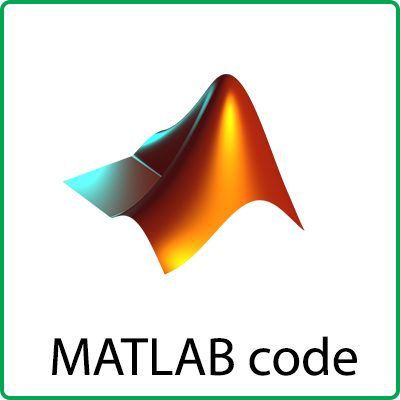Description
Automatic face recognition (FR) has been, and remains being, one of the most visible and challenging research topics in computer vision, machine learning and biometrics. Although the facial images have a high dimensionality, they usually lie on a lower dimensional subspaces or submanifolds. Therefore, subspace learning and manifold learning methods have been dominantly and successfully used in appearance based FR , which includes Eigenface, Fisherface , locality preserving projection (LPP) , local discriminant embedding (LDE) , unsupervised discriminant projection (UDP) [8], etc.
In this project, we discussed the metaface learning (MFL) of face images when using sparse representation based classifier (SRC) for classification. Our experiments on Extended Yale B, ORL and AR face databases demonstrated that the proposed MFL algorithm can not only have higher accuracy than original SRC but also have less dictionary size. In learning the metafaces of each class, only the samples within that class were used. Therefore, the proposed MFL algorithm in this paper is an unsupervised learning method. In the future, we will investigate how to introduce the class label information into the MFL process so that a set of discriminative metafaces can be learned.
ref :
Yang, Meng, Lei Zhang, Jian Yang, and David Zhang. “Metaface learning for sparse representation based face recognition.” In Image Processing (ICIP), 2010 17th IEEE International Conference on, pp. 1601-1604. IEEE, 2010.
Nonlocally centralized sparse representation for image interpolation
Metasample Based Sparse Representation for Tumor Classification
http://vlm1.uta.edu/~athitsos/publications/shafiee_petra2013.pdf



Reviews
There are no reviews yet.